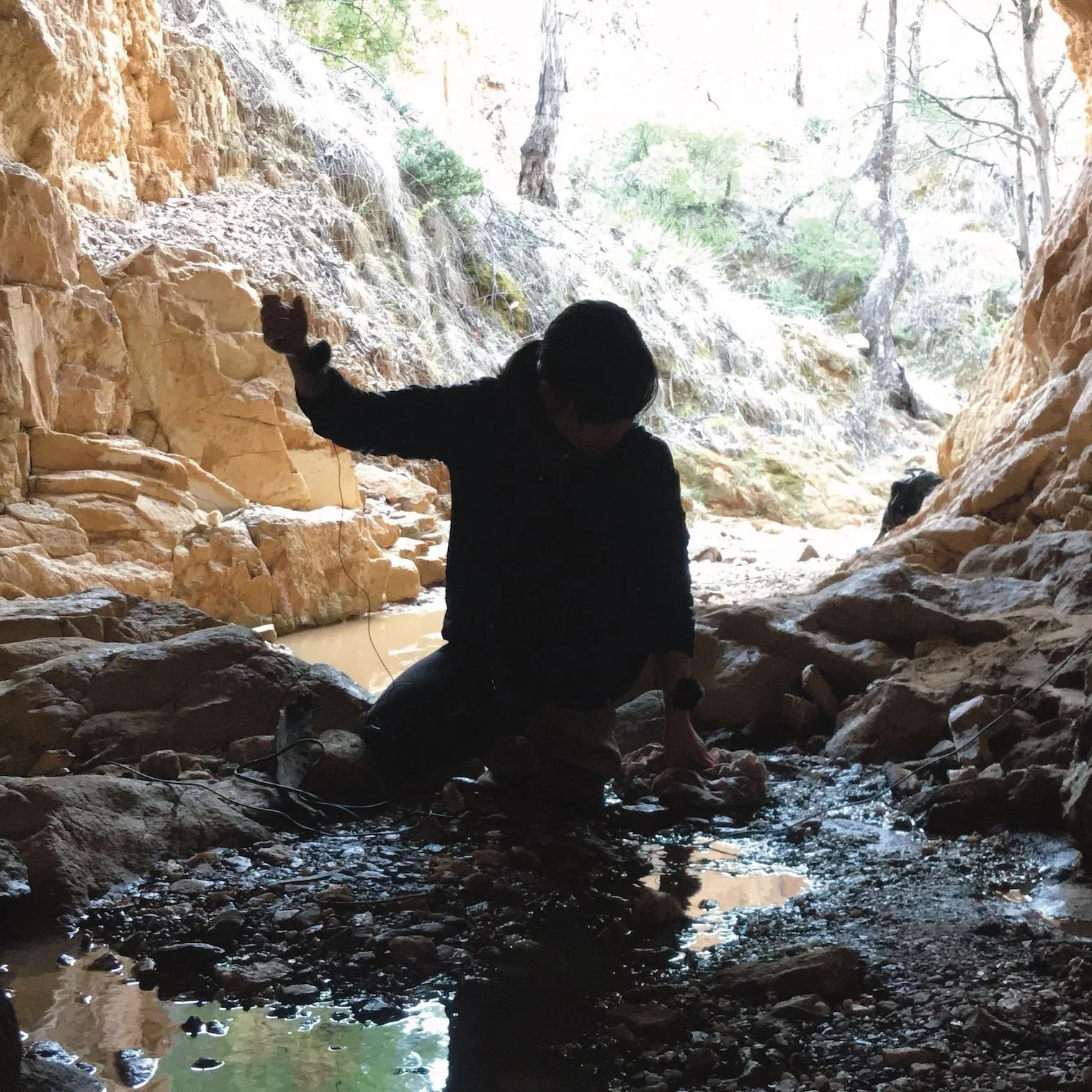“I was born to do this show. It was conceived when I was conceived.”
Read More“As food culture is especially vibrant in Japan, continuing to cook and eat Japanese food was my way of remaining connected to my culture, especially once I’d been sent to England and my parents had moved to Hong Kong.”
Read More“What counts as scientific knowledge and why? Who is given authority in these important knowledge-making communities and who isn’t? And what is the role of science and technology in actively constituting categories like gender, race, ability, class, and nation?”
Read More“Look, my stuff is usually quite absurd, or conceptual, or playing with a persona, and it may not be very commercial in some ways, but I guess at this point I am demanding the right to just fucking do it.”
Read More“These are turbulent times and we need writing that is brazen and audacious. This is not a time for shyness or for settling into comfortable forms.”
Read More“I built the world I was seeing and angered by. I built the world I still believe we can improve.”
Read More“I always introduce myself to the spirit of places that I am working in and make my intentions known, especially if it is a place that is removed from urban environments or is abundant in trees, rocks and wildlife.”
Read More“I think there is power and catharsis in being reflected, rather than defined. Even if the experience is not directly your own, but something recognisable, this can open up the language to imagine or think of yourself in a way you did not before.”
Read More“When I hear the album I think of an alien choir of school girls or femmes who are communicating the best they can to Earth, using voice processors and autotune to try to relate to a foreign space.”
Read More“[…] Protest and karaoke have a dynamic where the participant’s role can change between being an onlooker to a performer, or not. Whether active, passive or actively-passive, in karaoke-speak, you are part of a scene. The nature or character of a scene depends on its composition of participant, site and what is being performed.”
Read More“I like the idea of transforming existing mythology—particularly in a digital space—as a way of exploring diasporic identity, and the liminal spaces we inhabit.”
Read More“[…] I actually think most of my work fits into the category of confessional poetry, and is only perceived as protest poetry because it happens to be me, Omar Bin Musa, a brown, Muslim-Asian-Australian, who is making it, so in that context, merely speaking or putting pen to page seems like an act of resistance to some of the more toxic mythologies of Australia.”
Read More“But love is not simply about survival. Non-privatised love plays a crucial role in revolutionary struggle, it reminds us of our mutuality and has the capacity to unite the collective.”
Read More“How do I live with the risk of repeating unequal and violent power structures? One way might be to think of my task as the work of a caretaker or curator, someone assembling an archive of life and resistance in detention.”
Read More“[…] it feels significantly more fruitful to try to understand ‘the world’ as a continuous, dislocated war of coloniality that comes to know itself primarily through the theft and plunder of Africa and the New World and then through the ongoing reification and reformation of those networks and machines of extraction and accumulation.”
Read More“I wanted to attack the notion of care with questions and break it open: what does it mean to come from a country of women who are expected to perform the gendered, racialised labour of care? How does my settlership on stolen land disrupt care systems of First Nations people?”
Read More“I’ve always felt a strong affinity with metal, especially growing up in Indonesia, where the landscape of ancient culture and historical suppression is a perfect environment for metal and extreme music to thrive.”
Read More“It’s interesting to me how much of Asian literature is about grappling with the self, language and decontextualisation following war, colonisation, and the loss of national identity.”
Read More“My focus now is unpacking the governing logics and relations of the colony, and this is always interwoven into how I think about and work with sound and creative communities too.”
Read More“I wanted to be part of a program that spoke to the challenges we faced from a place of ambition and social change, and one that addressed the massive knowledge gap between early career creatives and industry veterans.”
Read More



















